Lehmann Maupin Gallery, New York
Apr. 29 - Jun. 13, 2015
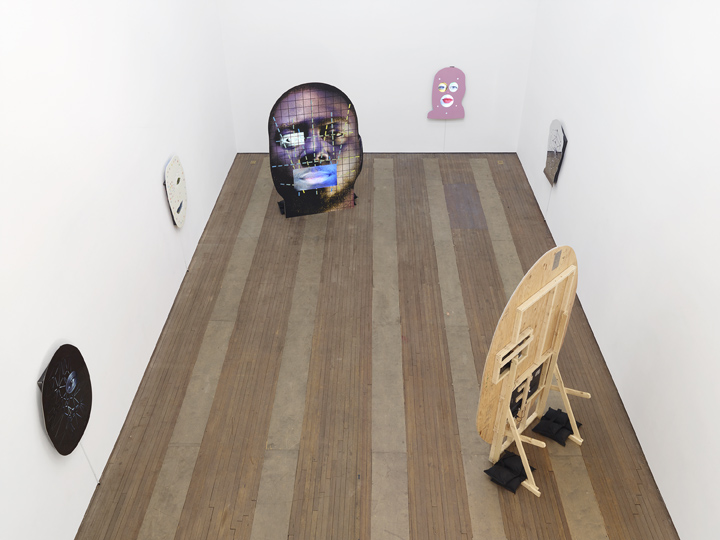
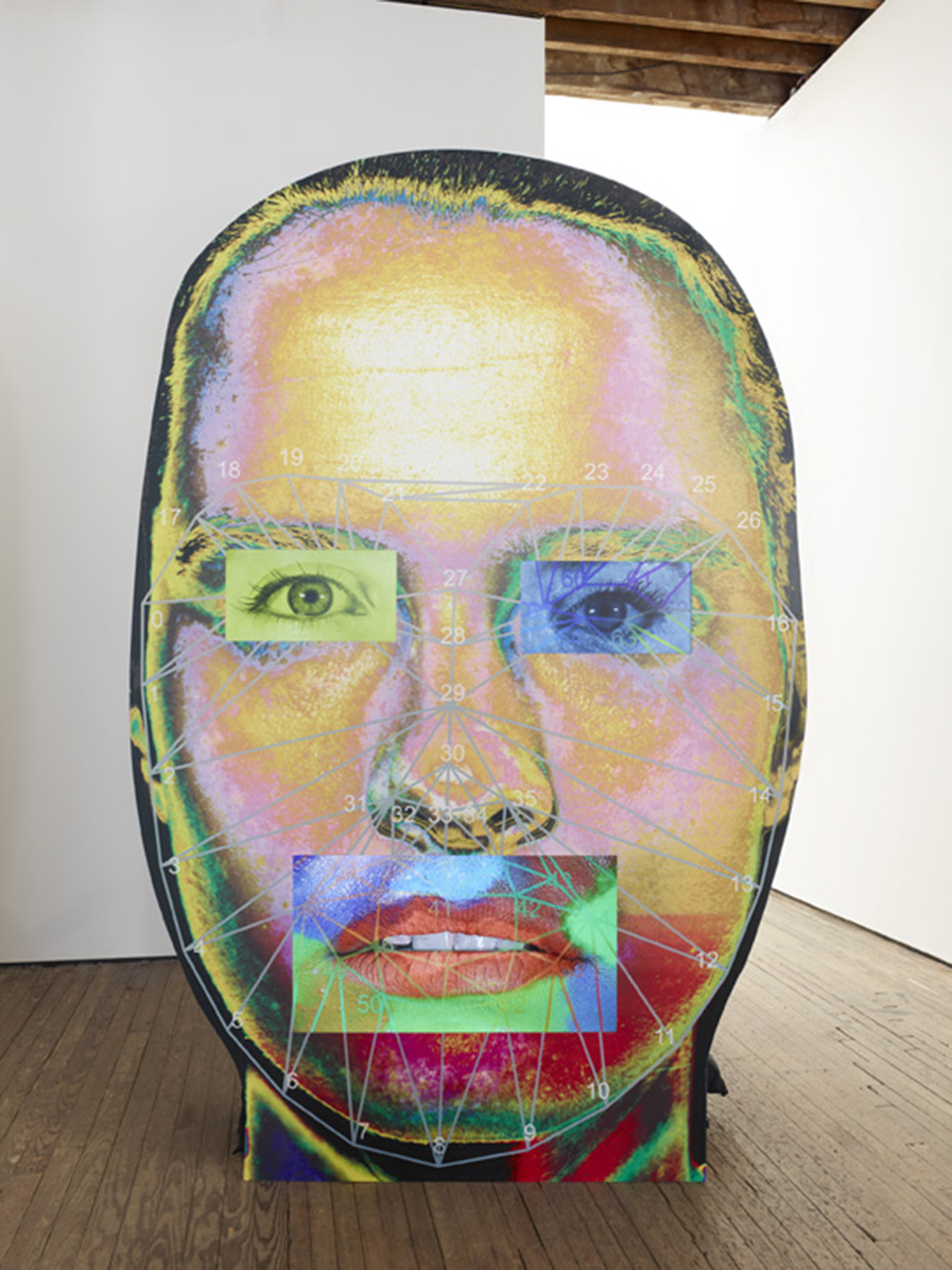
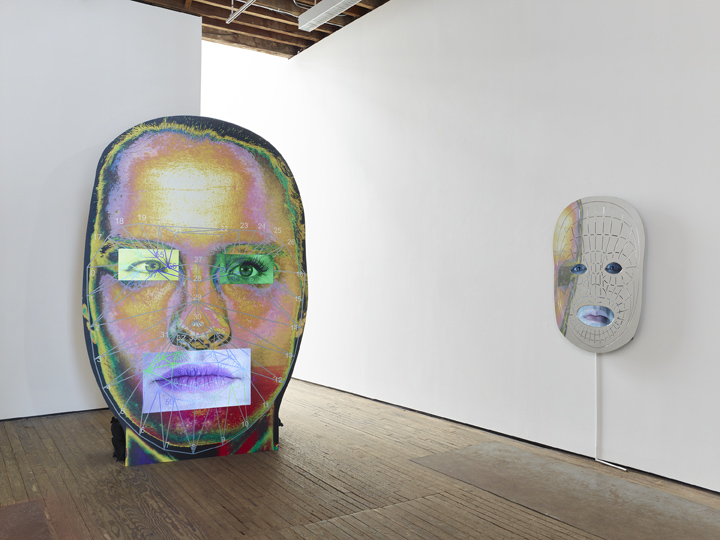
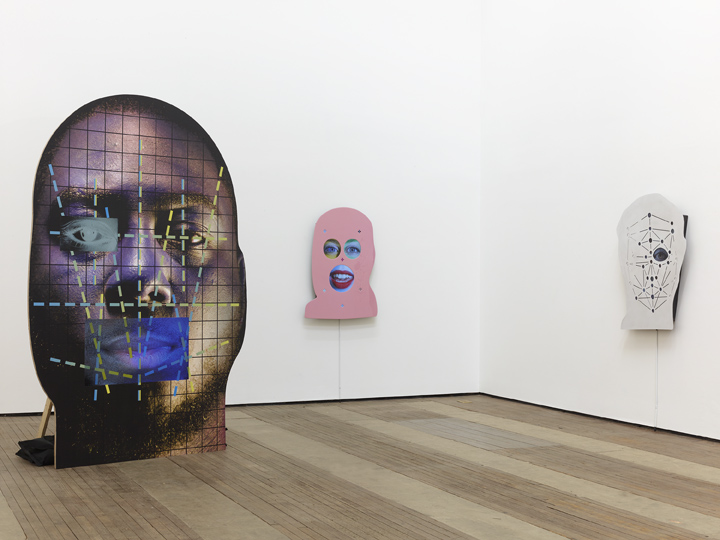
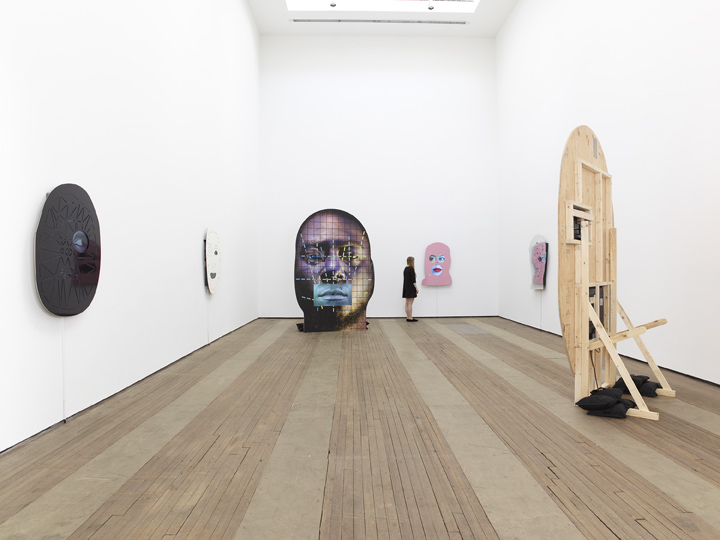
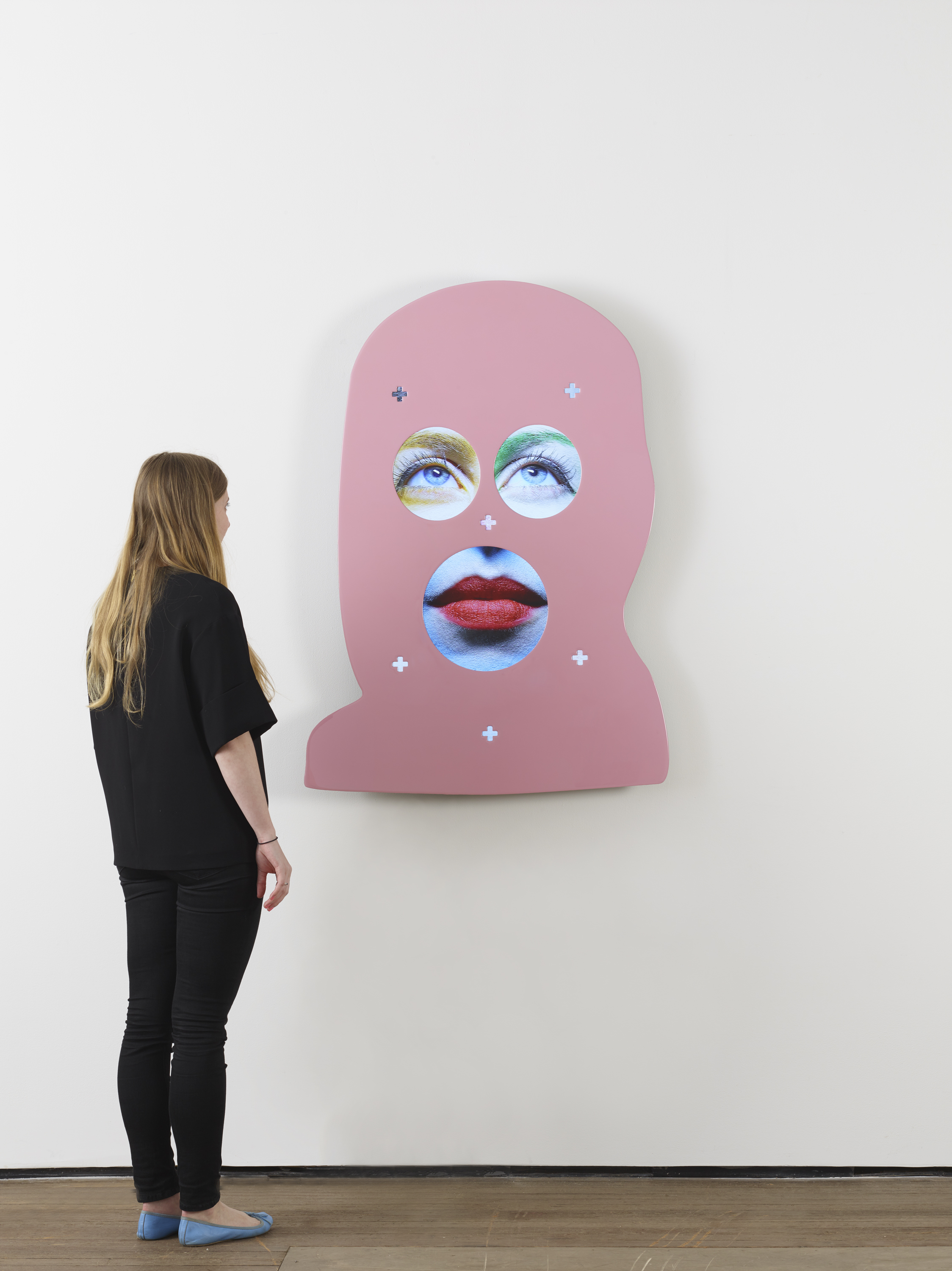

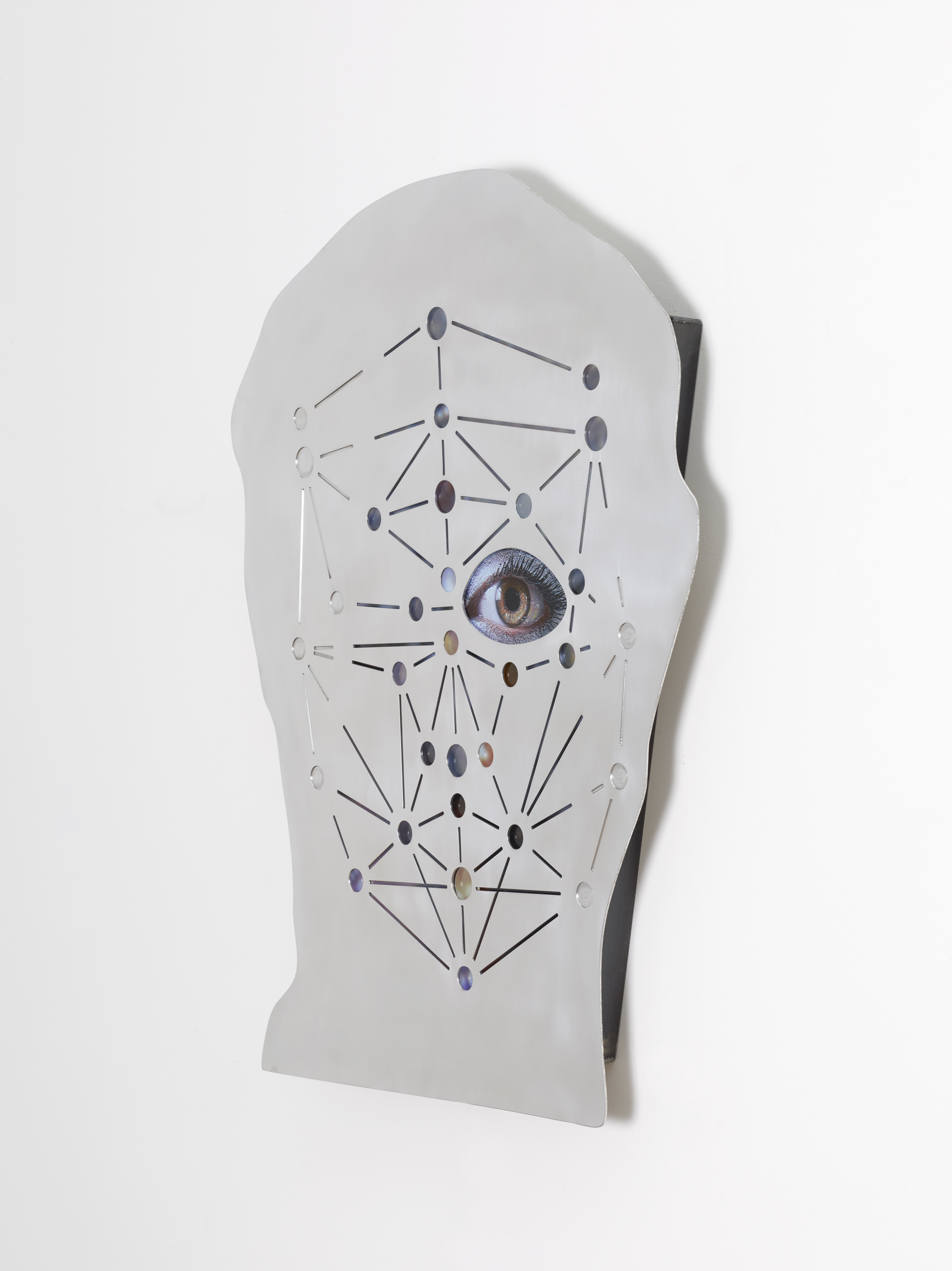
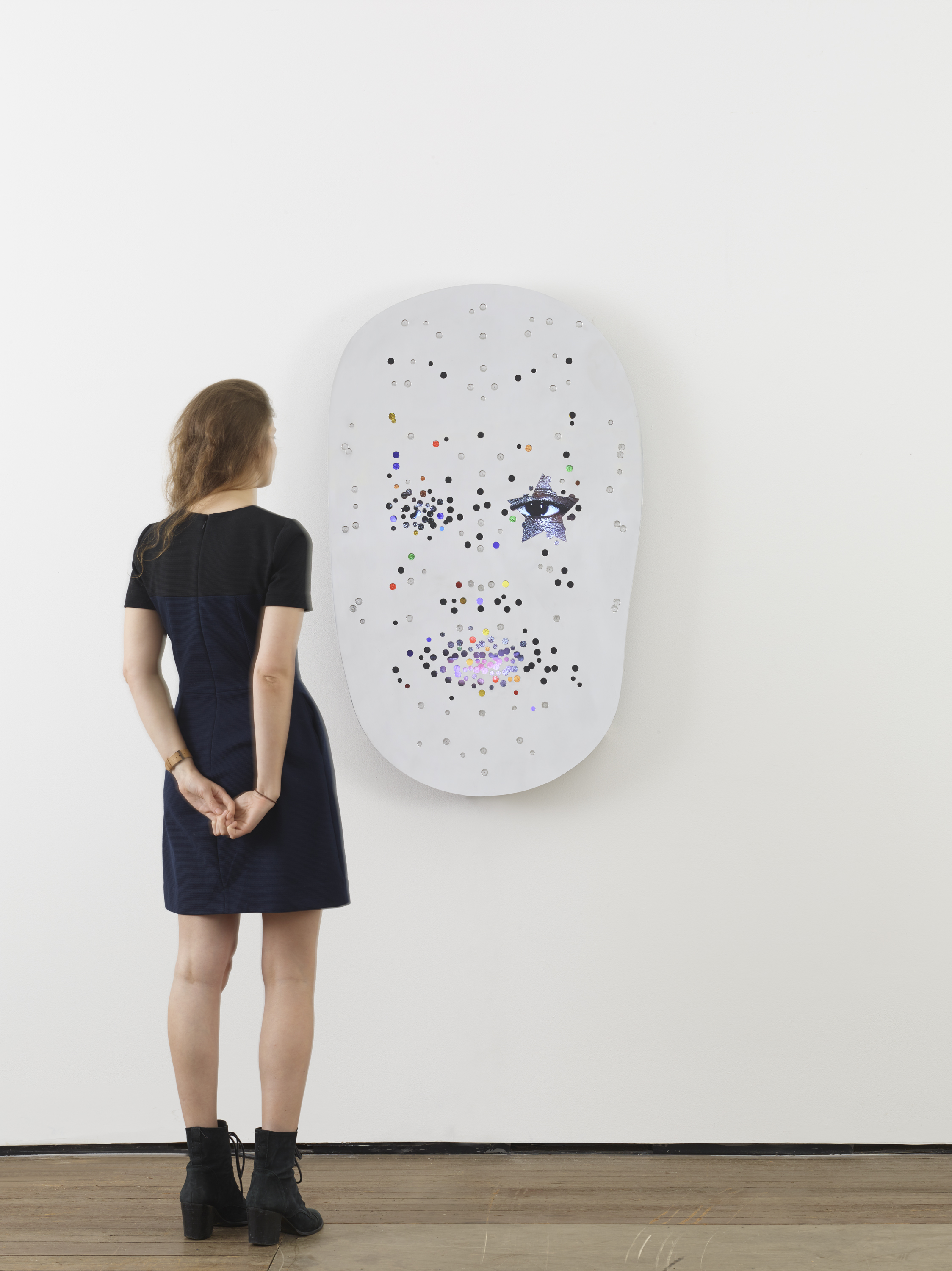
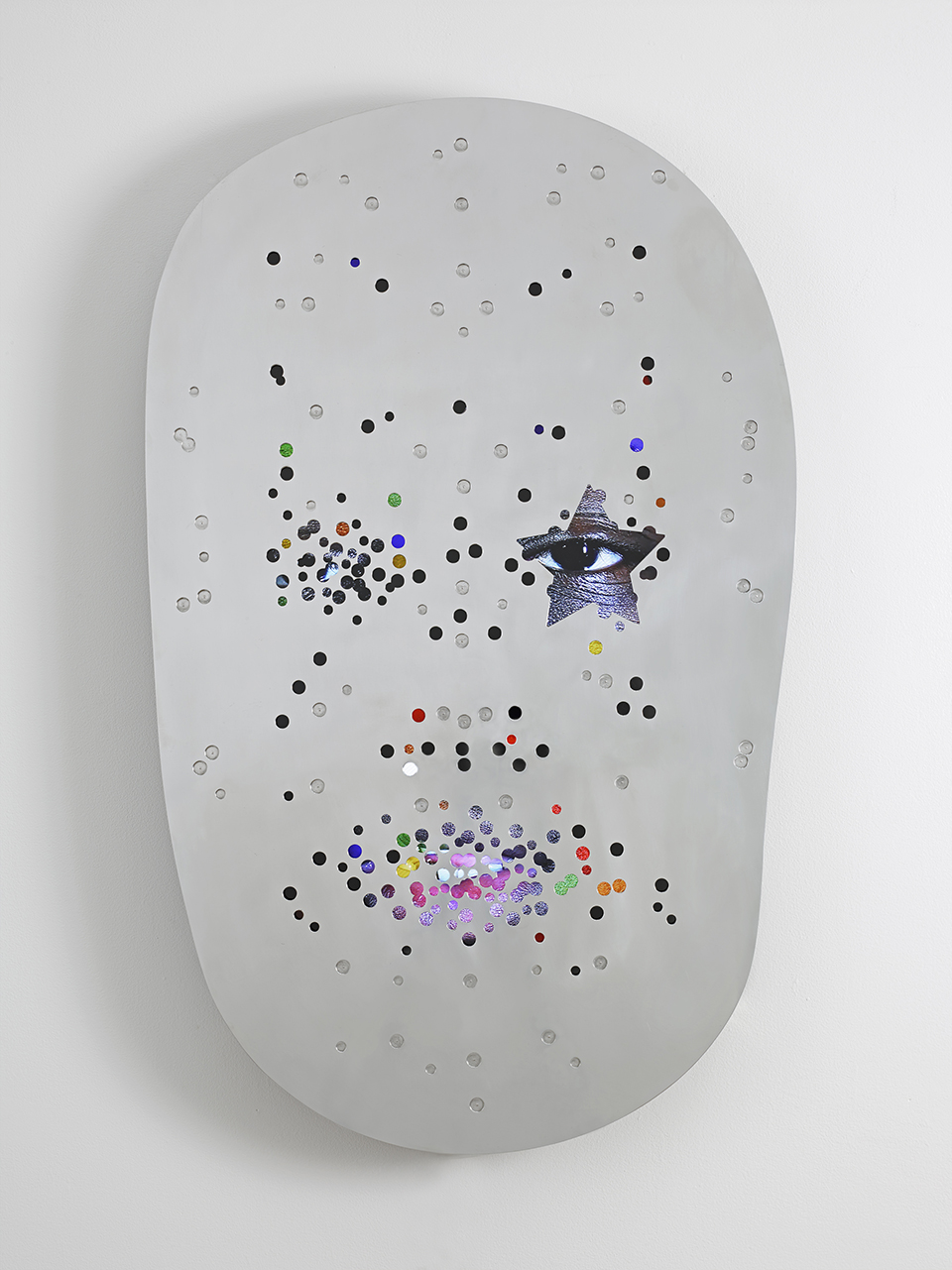
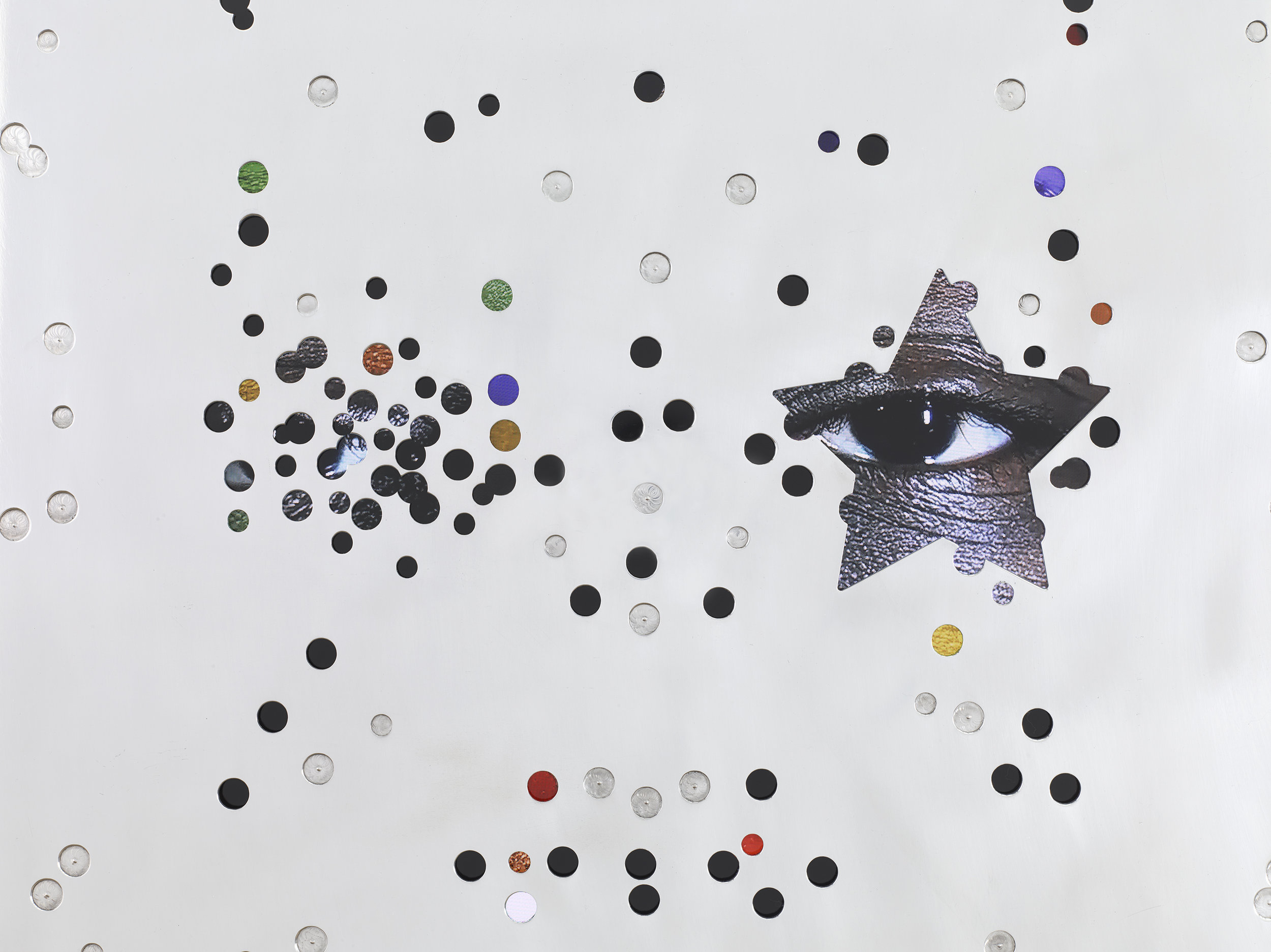
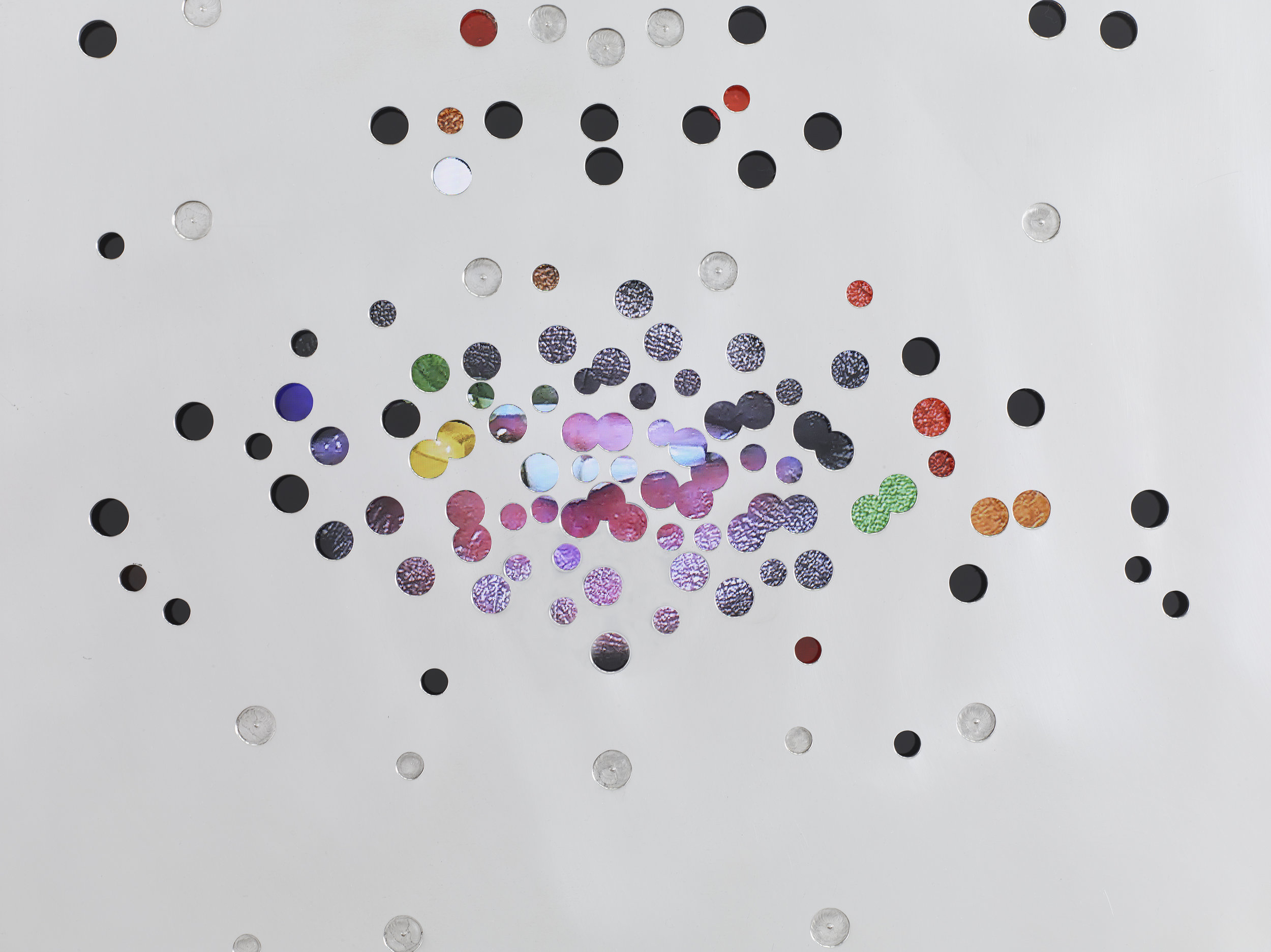
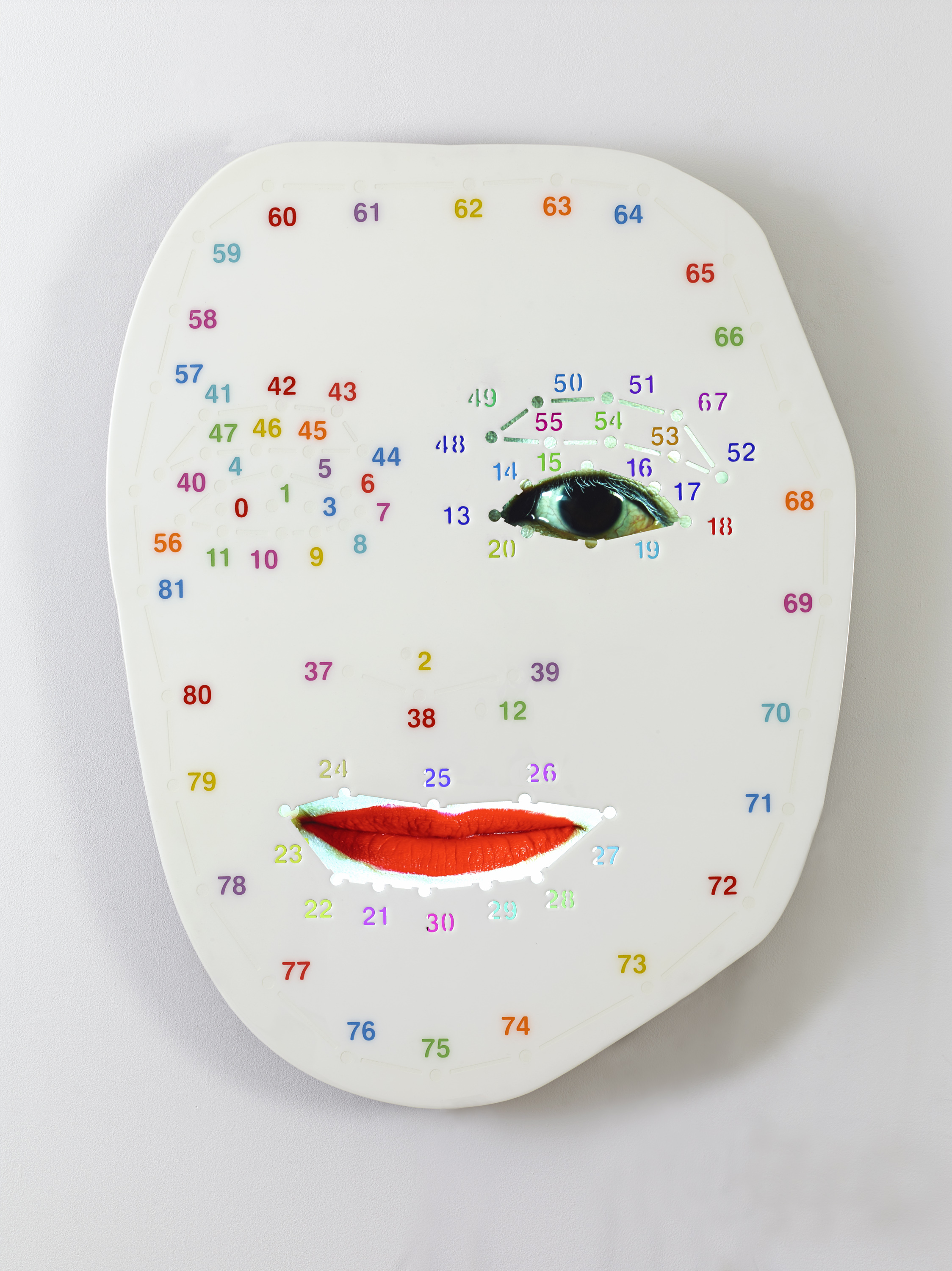
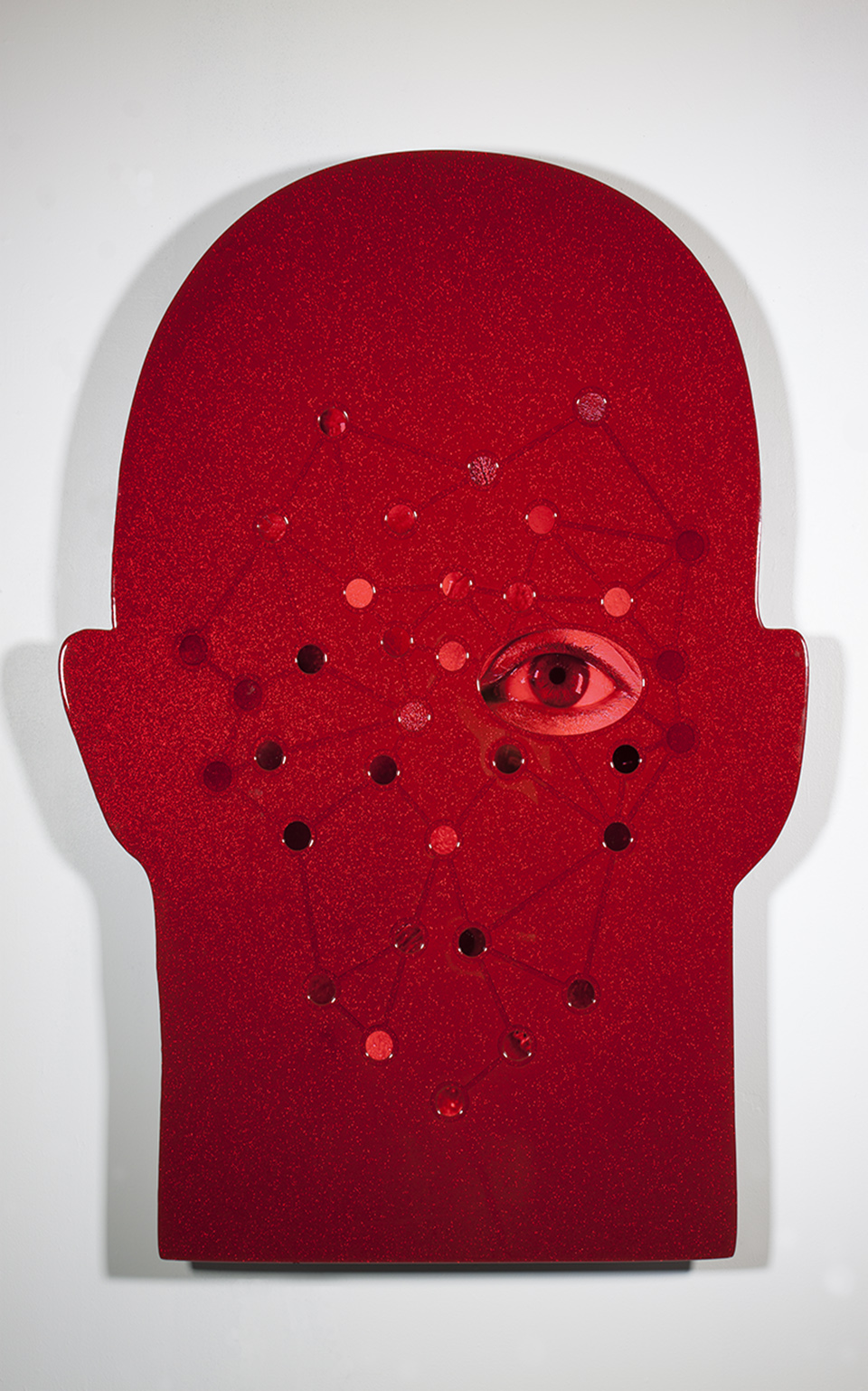
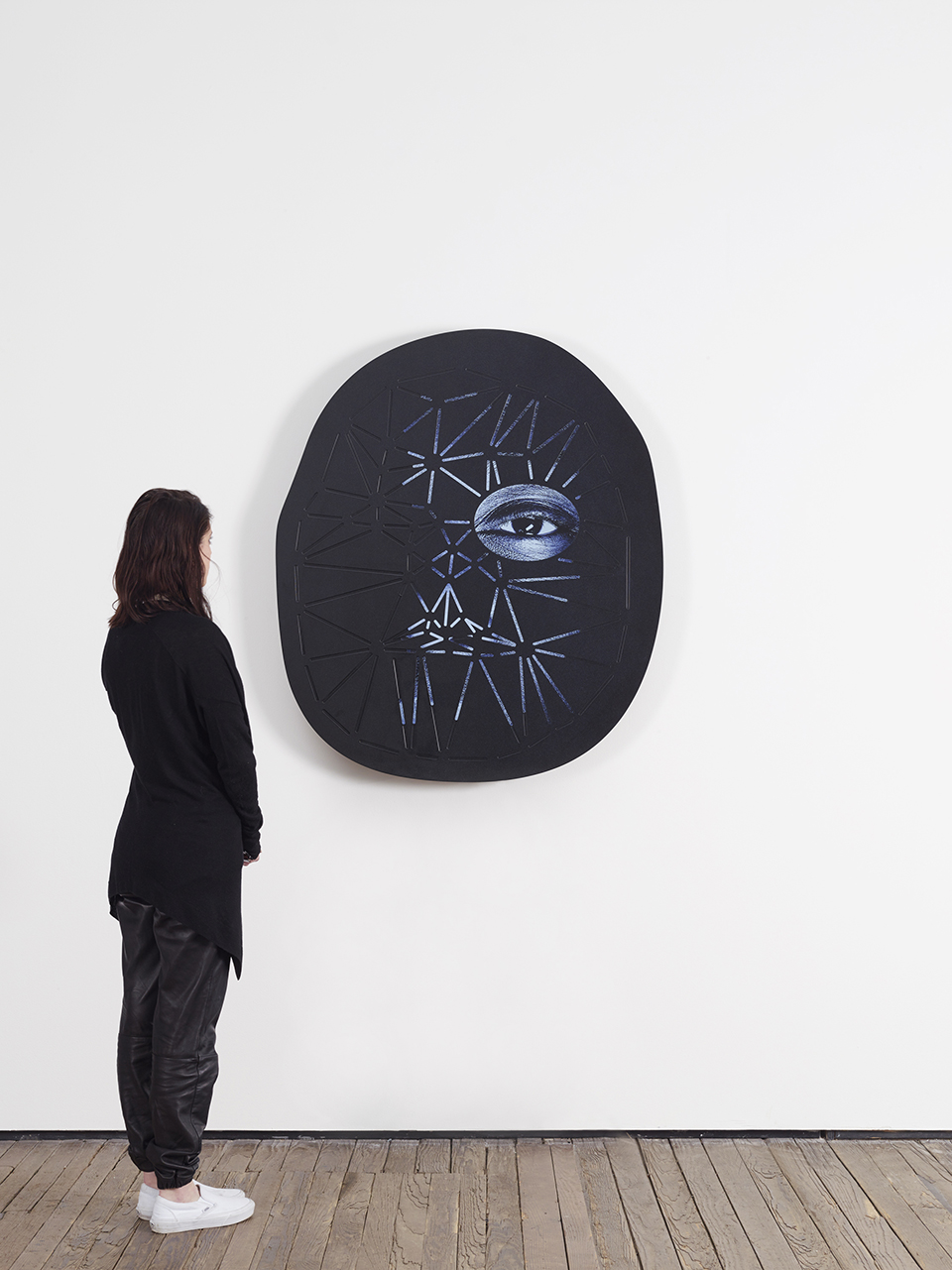
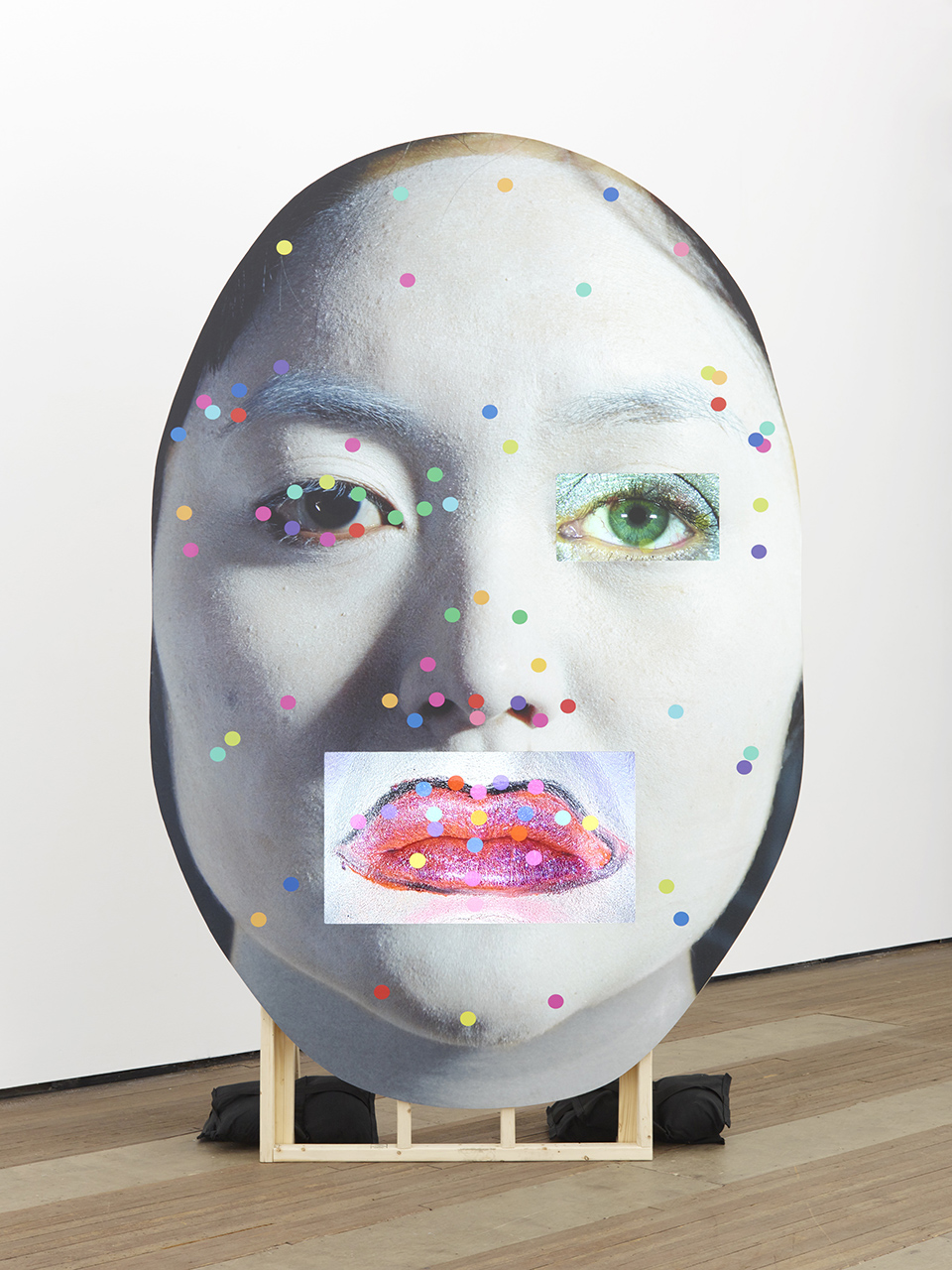
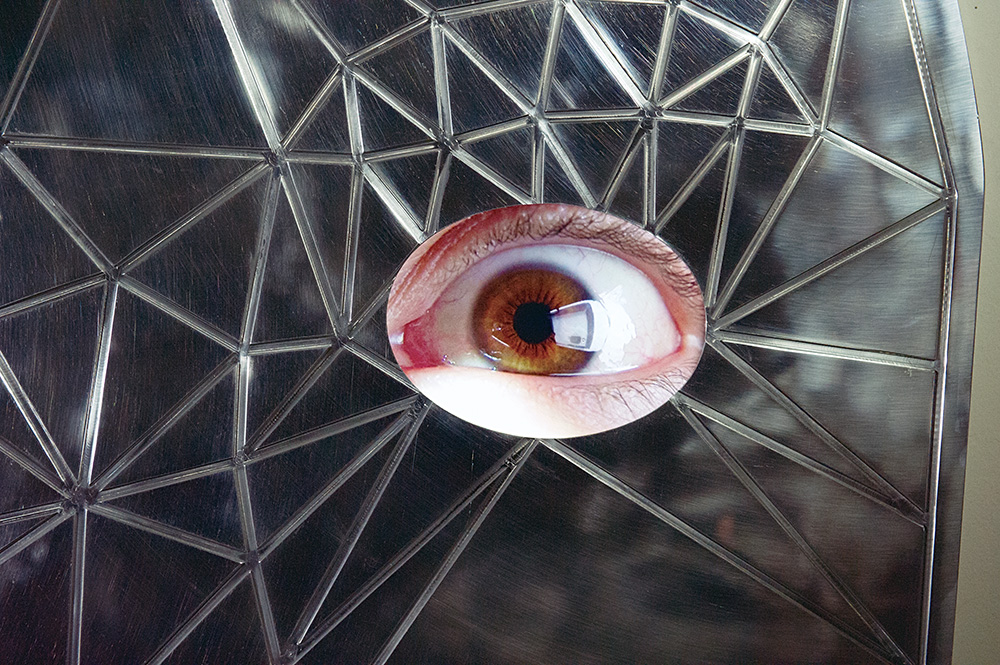
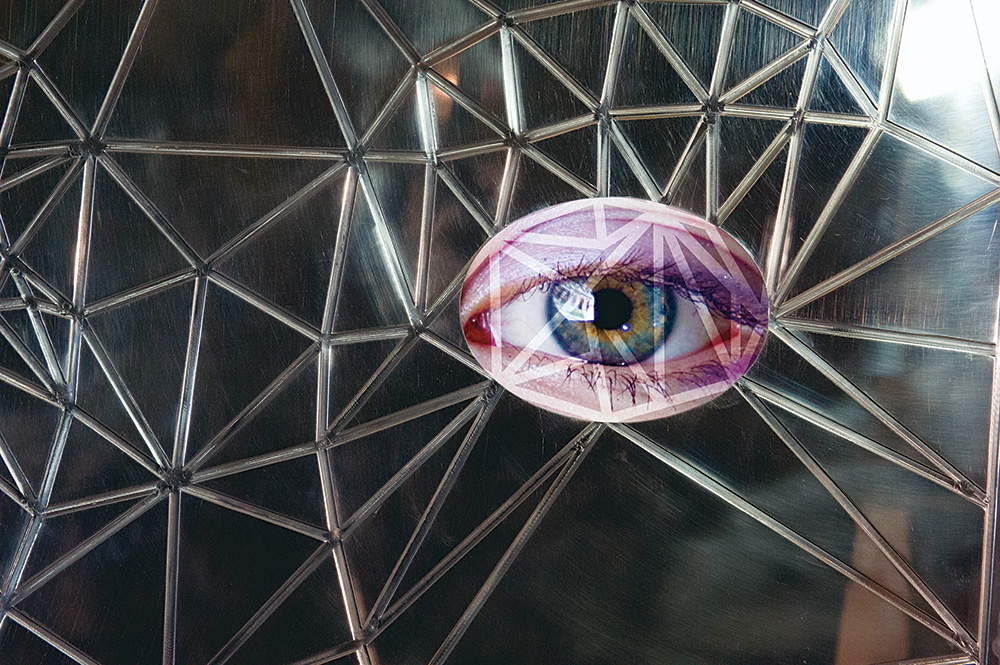
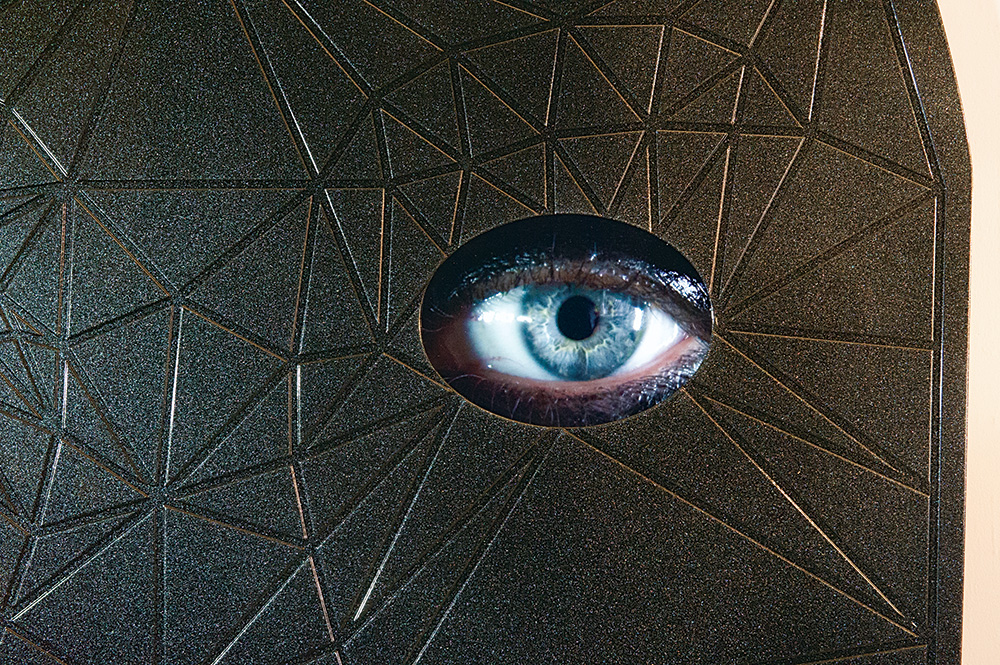
New York, April 9—Lehmann Maupin will present an exhibition of new works by Tony Oursler from April 29 through June 14, 2015 at the gallery’s 201 Chrystie Street location. In the artist’s fifth solo show with the gallery Oursler will exhibit new sculptural works highlighting his interest in the relationship between humans and machines, exemplified through the development and proliferation of facial recognition technology. The artist will be present for an opening reception on Wednesday, April 29, from 6-8PM.
A pioneering figure of new media art since the early 1980s, Oursler developed his early practice under John Baldessari at CalArts, where he formed longstanding relationships with several of his fellow students, including Mike Kelly, John Miller, and Jim Shaw. This context encouraged Oursler to break the traditional strictures applied to various media and experiment with cross-pollination between painting, sculpture, video, installation, performance, language, music, and sound. This was a crucial moment in the development of conceptual art and Oursler emerged as a central figure in this multifaceted practice.
The artist has also long been fascinated with the intersection of contemporary human psychology and mankind’s increasingly refined imitative technologies. He has been particularly focused on how the human body uses its corporeal mechanisms, especially the face and head, to express identity and project emotions. The modern initiative to develop machines that interpret and measure those expressions is a central concern for Oursler. His interest in exploring how much, or how little, information is needed to discern emotion is integral to his work on the subject of mimetic devices and is a primary theme in his upcoming Lehmann Maupin show.
Oursler will present several large, aluminum panel works in abstract shapes resembling faces, each coated in a different reflective, metallic surface. Embedded with video screens depicting mouths and eyes, these visages also bear the marks, nodes, and geometric patterns of algorithmic facial recognition mapping, pairing the evocation of human expression with the efficient calculus of electronic profiling. According to the artist, one of his intentions is “to invite the viewer to glimpse themselves from another perspective, that of the machines we have recently created.”
The increasing sophistication and prevalence of facial scanning in society is key to understanding Oursler’s most recent works, which raise questions about the accumulation of biometric data as well as how and by whom that data is used. The artist’s latest works also reveal the beautiful, yet distinctly non-human qualities of these types of analyses. Oursler questions the utility and ramifications of teaching machines to understand emotion, while exploring the evolution of human identity.